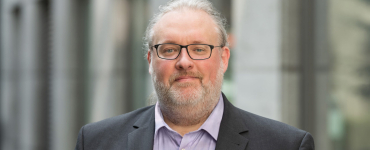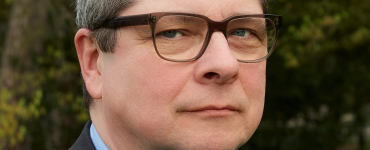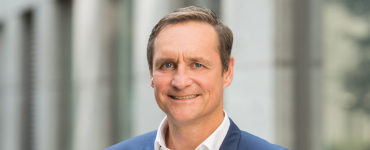On 2 July 2020, the German parliament, the Bundestag, passed a bill to amend the German Telemedia Act (TMG) in the second and third readings and forwarded it to the Federal Council (Bundesrat). The Act transposes the amendments to the European Directive on Audiovisual Media Services (AVMS Directive) into German law and thus enters into force before the end of the implementation period on 19 September 2020. eco – Association of the Internet Industry regrets that the legislator did not take the opportunity to finally eliminate the basis for the blocking of Internet content created by the previous 3rd amendment of the Telemedia Act. The current legal basis and application of blocking creates legal uncertainty for businesses and citizens alike and is not an adequate means of enforcing copyright claims on the Internet.
Oliver J. Süme, Chair of the eco Board, comments:
“Unfortunately, with the passing of the new Telemedia Act, the legislator has missed the opportunity to give a clear rejection to the blocking of Internet content. Yet blocking is never a viable and certainly not an efficient means of combating illegal content or copyright infringements on the Internet. At the same time, however, they always entail a severe blow to the freedom of information of the citizens and are in no relation to the hoped-for benefit.”
In addition to the legal basis for the blocking of Internet content, the German federal government has decided on a further amendment to the German Telemedia Act to implement the AVMD Directive, which eco critically assesses: From now on, video sharing platforms will have a clearly defined reporting and redress procedure for violations of advertising and youth protection regulations.
“Instead of actively tackling the known points of criticism in the new edition of the German Telemedia Act, the legislator has introduced additional obligations for operators of video portals that are in conflict with the German Network Enforcement Act (NetzDG). It is true that a collision of legal requirements should be avoided. However, the operators of such video portals will face considerable difficulties in practice with the different notification procedures,” Süme concluded.




